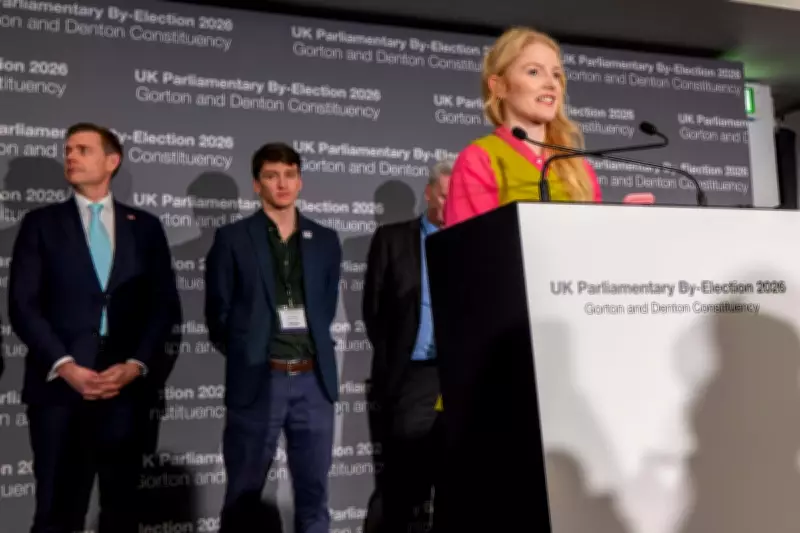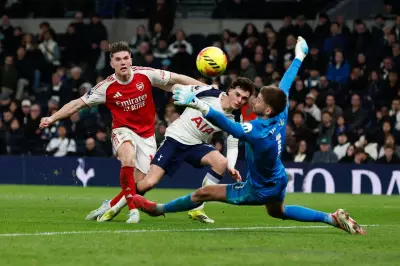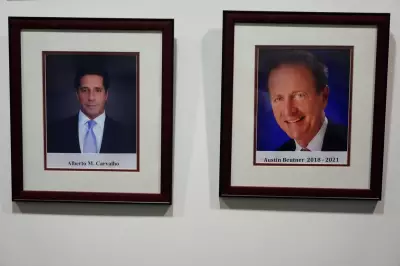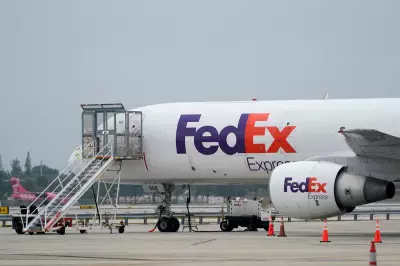Entertainment
Radiohead Demands ICE Remove Their Music from Advert: 'It Ain't Funny'
Radiohead issued a blunt statement demanding U.S. Immigration and Customs Enforcement remove their song 'Let Down' from a social media video, calling it appropriation.
Sports
Arteta Praises Gyökeres' Impact as Arsenal Prepares for Chelsea Clash
Mikel Arteta discusses Viktor Gyökeres' growing confidence and Arsenal's team spirit after a key win over Tottenham, with focus on the upcoming Premier League match against Chelsea.
Politics
Los Angeles School Superintendent Placed on Leave Amid Federal Investigation
Los Angeles School Superintendent Alberto Carvalho has been placed on paid administrative leave as federal authorities investigate his involvement with a collapsed education technology company.
Crime
Luigi Mangione Avoids Death Penalty as Prosecutors Drop Appeal
Federal prosecutors will not challenge a judge's ruling that prevents them from seeking the death penalty for Luigi Mangione in the killing of UnitedHealthcare CEO Brian Thompson, clearing the way for a federal trial in September.
Business
Health
Weather
Australia Flood Watch and Shark Alerts After Heavy Rain
Heavy rainfall across southern Australia has put states on flood alert, with Victoria seeing double its average February rain and Sydney warning of increased bull shark activity due to murky waters.
LA Hits Record Heat After Winter Storm, NWS Issues Warnings
Los Angeles experiences unprecedented high temperatures of 91°F in late February, breaking daily records after severe winter storms caused flooding and avalanches.
UK March Weather: Balmy Temperatures and Sunshine Forecast
The Met Office predicts above-average temperatures and high pressure for early March, with highs of 17°C in eastern England, though cooler conditions persist in the north.
Clocks Spring Forward in March 2026: Sleep Loss Looms
The clocks will go forward on March 29, 2026, marking the start of British Summer Time. This change brings lighter evenings but costs an hour of sleep, with the return to GMT set for October 25, 2026.
Security Expert Reveals How to Deter Luggage Thieves
Former US Army military policeman Ed Burnett shares crucial tips on luggage security, from color choices and tracking tech to packing strategies and danger zones, to protect your belongings while traveling.
Tech
Get Updates
Subscribe to our newsletter to receive the latest updates in your inbox!
We hate spammers and never send spam
Environment
UK Geography Weekend Special
Weekend special: 100 questions about UK geography. Perfect for students preparing for exams or anyone who loves learning about Britain's diverse landscapes.












































